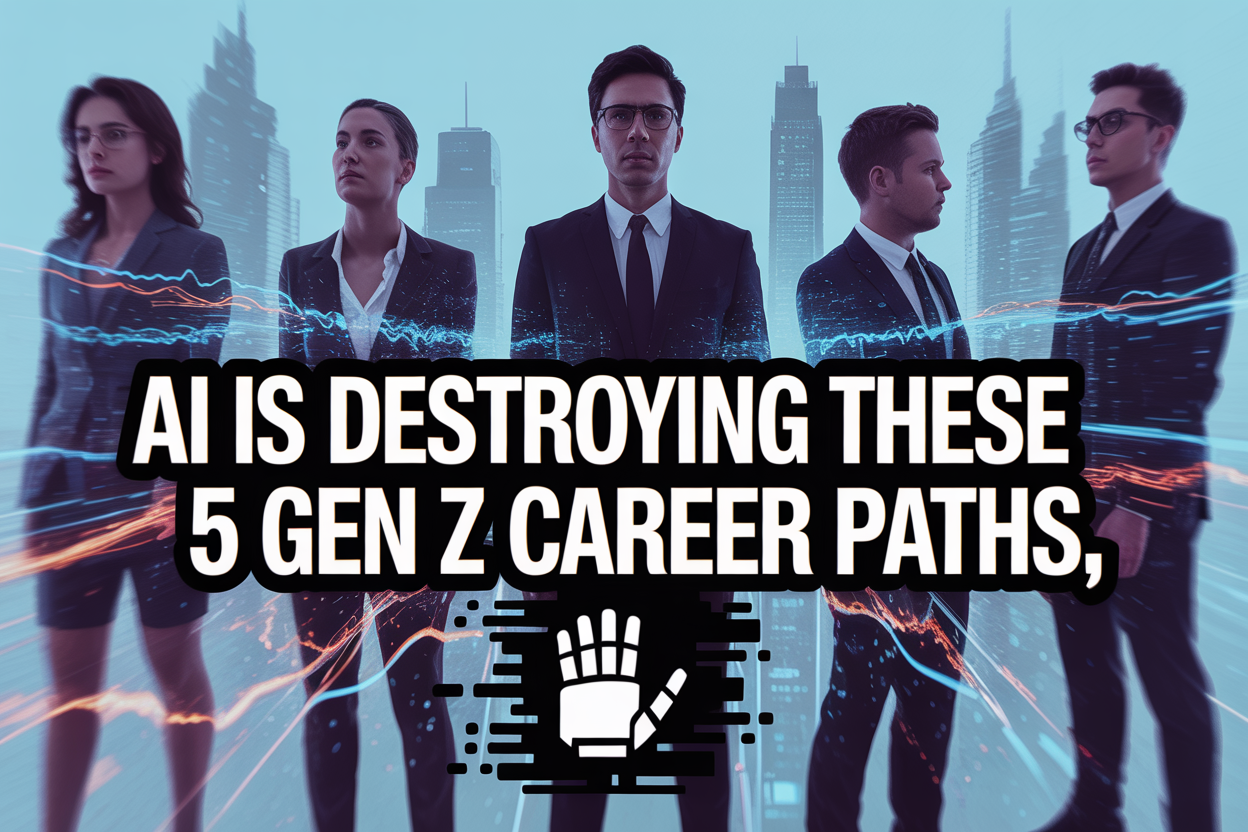The Shifting Cybersecurity Job Market for 2025 Graduates
The cybersecurity job market is undergoing significant changes, presenting both challenges and opportunities for the Class of 2025. AI, budget cuts, and federal spending uncertainties are reshaping the landscape, making it crucial for graduates to understand where organizations are focusing their security investments.
AI and the Changing Cybersecurity Landscape
Artificial intelligence is transforming the cybersecurity field, automating tasks that were once entry-level jobs. However, human intervention remains essential, and graduates who can integrate AI tools into security operations will thrive. Key areas like threat hunting, incident response, and cloud security are becoming more prominent, requiring analytical thinking and hands-on experience.
Where Are Entry-Level Cyber Jobs Going?
With automation taking over repetitive tasks, entry-level roles are evolving. Graduates should focus on:
- Threat hunting and detection engineering: Interpreting anomalies flagged by AI.
- Incident response and digital forensics: Understanding business impact during crises.
- Cloud and identity security: Securing modern infrastructure.
- Governance, Risk, and Compliance (GRC): Navigating regulatory frameworks.
Skills That Matter
- Specialize early: Deep knowledge in areas like cloud security or threat intelligence.
- Certifications: CompTIA Security+, AWS CCP, or Microsoft SC-900 can boost credibility.
- Hands-on experience: Platforms like TryHackMe or Hack The Box offer practical learning.
- Internships: Virtual SOC analyst roles or red vs. blue team simulations provide valuable exposure.
Soft Skills Are Still Key
Communication, problem-solving, and critical thinking are as important as technical skills. The ability to explain complex issues to non-technical stakeholders is invaluable in a field where cybersecurity incidents increasingly affect entire organizations.
The Bottom Line
The cybersecurity job market is more competitive, but opportunities exist for those who adapt. Graduates must blend technical expertise with soft skills and stay ahead of AI trends to secure their place in this dynamic field.







Comments
Join Our Community
Sign up to share your thoughts, engage with others, and become part of our growing community.
No comments yet
Be the first to share your thoughts and start the conversation!